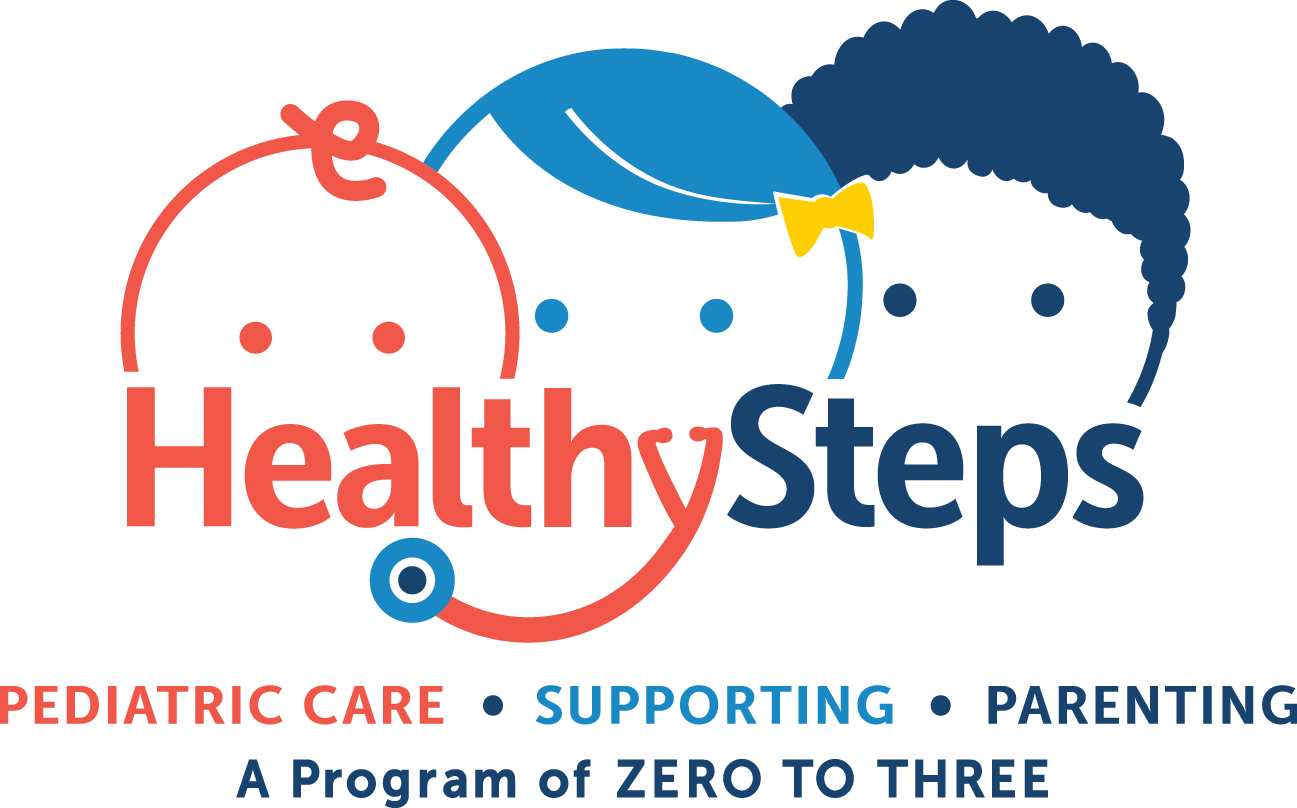HealthySteps
HealthySteps, a program of ZERO TO THREE, is a national evidence-based, pediatric primary care model that promotes healthy development for babies and toddlers and positive parenting. HealthySteps focuses on the importance of early screening and intervention for young children. Wheeler’s integrated pediatric health care team at the Hartford Family Health and Wellness Center is the first group in Connecticut to implement this model.
model that promotes healthy development for babies and toddlers and positive parenting. HealthySteps focuses on the importance of early screening and intervention for young children. Wheeler’s integrated pediatric health care team at the Hartford Family Health and Wellness Center is the first group in Connecticut to implement this model.
How it Works
Wheeler’s HealthySteps program serves children birth to 5 through the pediatric practice at its community health center on 43 Woodland Street in Hartford. A HealthySteps specialist promotes a close relationship between health care professionals and parents in addressing the physical, emotional, and cognitive growth and development of young children. HealthySteps provides screening and referrals to assess child and family needs related to:
- Overall development, including social emotional and behavioral concerns
- Parental depression
- Child and family risk and protective factors
- Child and family service needs
In addition to screening and assessments, the HealthySteps specialist supports the pediatrician in making and tracking referrals to address the specific needs of each child and family.
Part of Wheeler’s Infant and Early Childhood Mental Health Program
HealthySteps is part of Wheeler’s Infant and Early Childhood Mental Health (IECMH) Program, which works with families receiving services through Wheeler’s Hartford-based community health center. The program serves children, birth to 12, who have experienced trauma, and/or are at risk for developmental delays. In partnership with St. Francis Hospital, HealthySteps provides linkages to more intensive services at Wheeler for infants born with Neonatal Abstinence Syndrome (NAS). The IECMH program is funded by a five-year, $2.5 million grant from the Substance Abuse and Mental Health Services Administration (SAMHSA) and offers a continuum of early childhood services based on the needs of the child and their caregivers through multiple service components, including workforce development, outreach, screening, and direct services.

